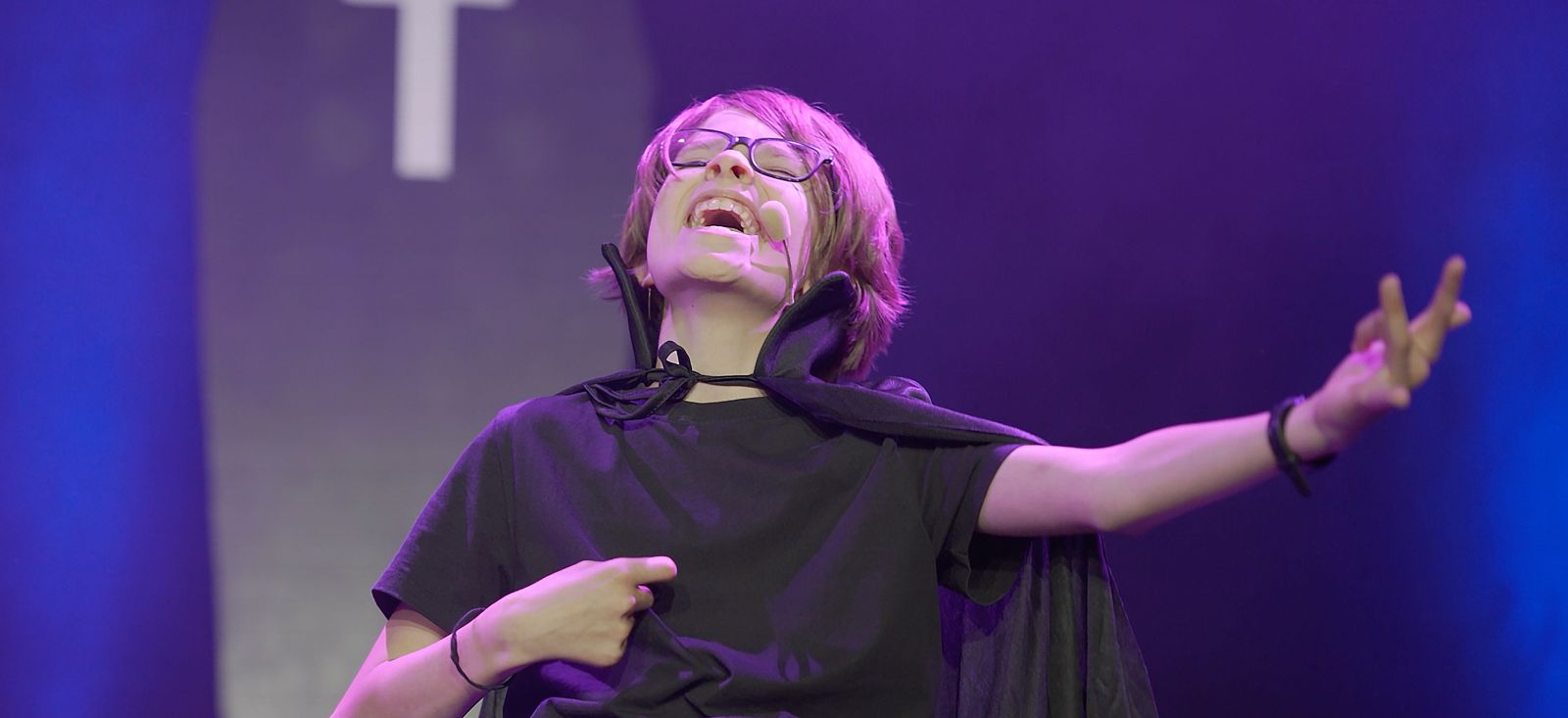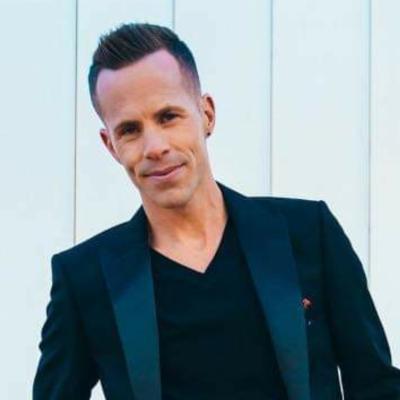At a glance
Our theater classes in Morges and Yverdon offer children a fulfilling artistic experience. On the program: improv games, character creation, and acting out scenes! It’s a playful mix that helps them gain confidence, unleash their creativity, and experience the magic of theater all season long. Everything is led by passionate instructors in a caring atmosphere where each child finds their place. Sign your child up now to give them a year full of discoveries, laughter, and emotions.
Program
Our theater classes follow the local school-year schedule (September to June), with one session per week (excluding school vacations in the canton of Vaud). At the start, students get comfortable on stage through playful games and exercises: physical expression, diction, improvisation… As the months go by, they become more at ease and begin preparing small scenes, creating their own characters. By spring, the group embarks on preparing a show: rehearsals, stage design, costumes—everything is put in place to allow the students to take the stage at the school’s year-end show.
This end-of-year show, presented at the school’s festival (Apolline Fest), is the festive highlight of the work accomplished over the months. Each student has the chance to participate if they want to (with no obligation, to respect each child’s comfort level). Performing in front of real spectators – especially their families – is an enriching and rewarding experience for the children. It’s a moment of celebration where they share their passion and reap the rewards of everything they’ve learned in theater.
We also focus on flexibility for parents. For example:
- Free trial: A free trial session is offered so your child can discover the workshop with no commitment. This trial class is perfect for helping them feel at ease before fully enrolling.
- Mid-year enrollment: You can also enroll your child mid-season; in that case the fee is pro-rated for the remaining sessions.
- Family discount: Families enjoy a 10% discount on the second child enrolled (as well as on each additional child).
- Flexible payment: You can pay in several installments (monthly payments spread over the school year from September to August) or in a single payment with a discount.
- Limited spots: Finally, since places are limited (small groups), we recommend reserving as soon as possible to guarantee a spot for your young artist. You can register online at any time.

Subscription and Schedule : 75' - 8 to 12 y.o. Etoy - 75' - 10 to 16 y.o. Yverdon
Techniques Covered
- Physical expression and mastering the stage space
- Diction, articulation, and public speaking (voice projection)
- Character creation and role interpretation
- Theatrical improvisation and developing the imagination
- Script work (scenes, lines) and memorization
- Stage presence and confidence under the spotlight
- Exploring and working with emotions
Teachers
Prices
| Courses | Length | Monthly fee* | Annual fee** |
| Children's and teen theater (by age group) | 60 minutes |
79.00 CHF |
900.00 CHF |
| Children's and teen theater (by age group) | 75 minutes | 89.00 CHF | 1'025.00 CHF |
| Children's and teen theater (by age group) | 90 minutes |
99.00 CHF |
1'150.00 CHF |
* 12 monthly payments from September to August (see our policy).
** Price for full-year course payment in one instalment
Valid for annual registration (courses from September to June). All costs (registration, basic materials, etc.) included. There are no hidden costs - no need to buy expensive costumes or equipment: we put creativity and fun first. For registrations throughout the year, the price is prorated according to the number of sessions remaining.

